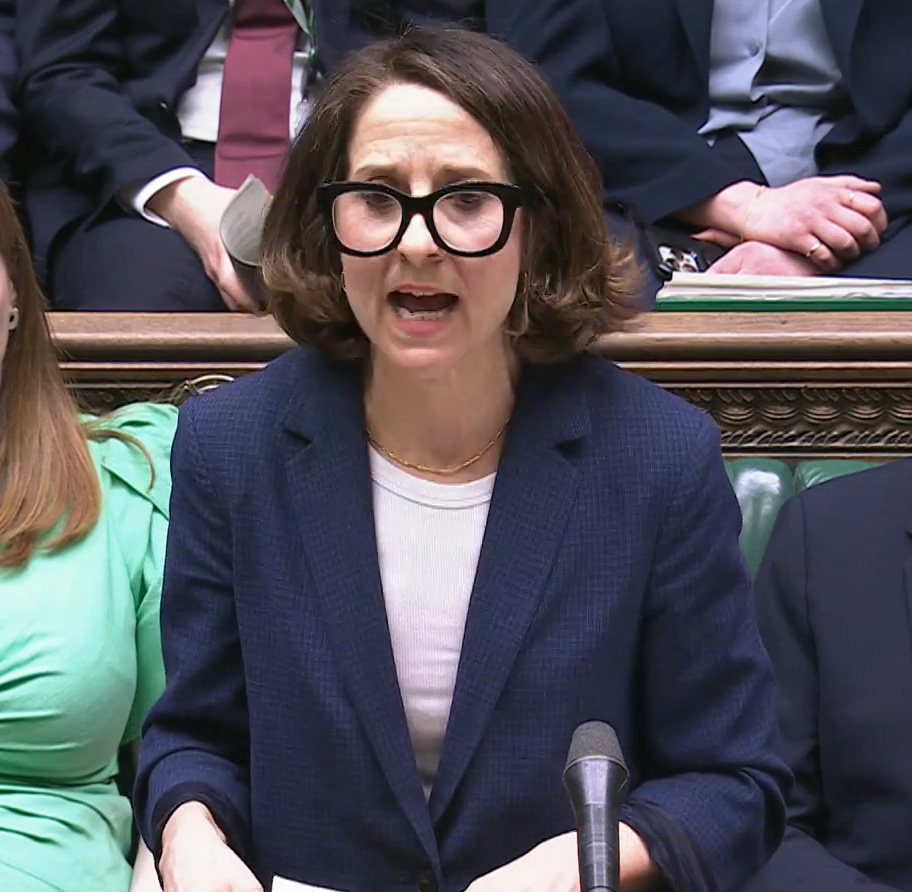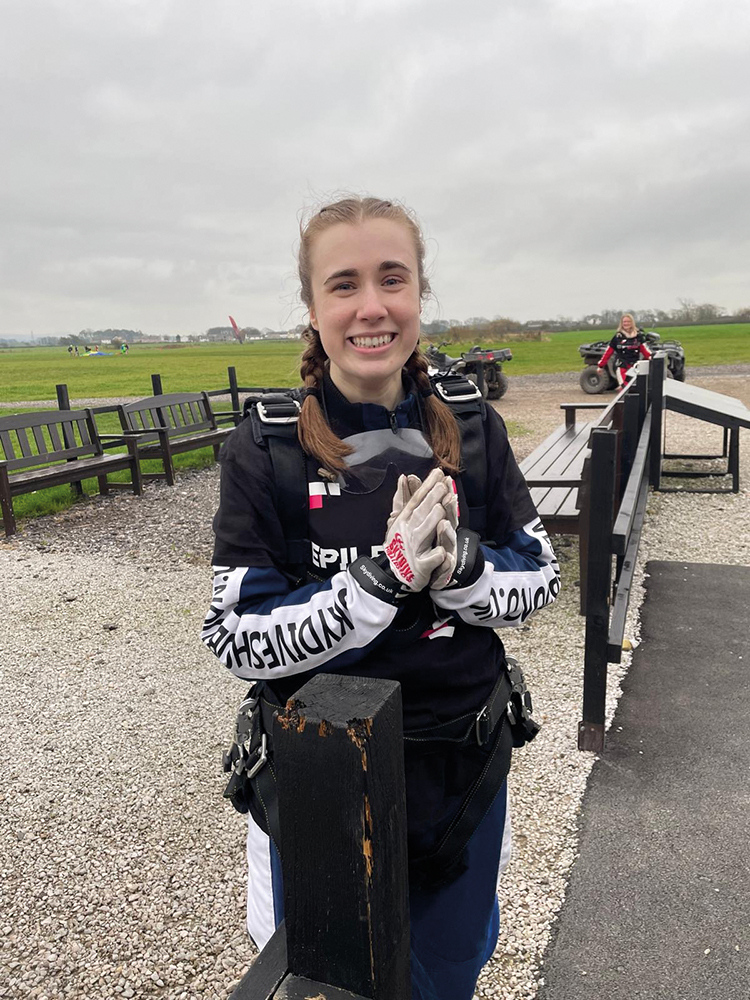 Laser beam therapy for patients with focal epilepsy will be made available in England on the NHS from June.
Laser beam therapy for patients with focal epilepsy will be made available in England on the NHS from June.
The NHS is rolling out Laser Interstitial Thermal Therapy (LITT) at King’s College Hospital in London and The Walton Centre in Liverpool as specialist national hubs.
The surgery was first announced in the UK in October 2022.
The fibre optic laser therapy targets the part of the brain causing seizures without the need for invasive surgery.
The treatment requires a small probe (1.5mm-wide) to be placed into the skull with a fibre optic laser at the tip of it. This destroys the epilepsy-causing brain tissue from the inside by heating it.
The minimal surgery means the wound heals quickly, allowing patients to go home the next day (within 24-48 hours) and has a low risk of infection or side effects.
To be eligible for the treatment, patients need to have focal epilepsy with a specific cause, and may not be eligible for any other treatment such as anti-seizure medications, VNS therapy or a different form of surgery.
Epilepsy Action’s health improvement and research manager Tom Shillito, and a volunteer for the charity, were involved in choosing which epilepsy centres would offer the surgery – ensuring the patient voice was heard in the decision-making process.
Laura Diable, 39, from Birkenhead, was one of the first patients with epilepsy to have LITT at The Walton Centre.
She said: “Since having the procedure nearly a year ago, I’ve not had one seizure. It’s made a huge difference to my quality of life.
“Before, the seizures were incapacitating me, leaving black spots in my memory. Thanks to LITT I’ve been able to get on with my life and worry less about my epilepsy – I can’t thank the team at The Walton Centre enough.”
Epilepsy Action deputy chief executive Rebekah Smith spoke to BBC Radio 4 about the surgery (from 18 minutes in), which she described as a “massive alternative to open brain surgery”.
In a statement, Smith said: “This new therapy is an exciting ray of hope for people with focal epilepsy whose lives are being impacted by the harsh reality of uncontrolled seizures.
“Research shows that 7 in 10 people respond well to conventional epilepsy medication, which means many continue to face challenges in all areas of life, from education to employment. We also know that many people have tried several epilepsy medications without success, with no other alternative treatments likely to control their seizures.
“At Epilepsy Action, we’re on a mission to build a world without limits for people with epilepsy – this new treatment could be a really promising way to break down some of those barriers and uncertainty people currently face to achieve a more fulfilled and positive life.”
More articles



